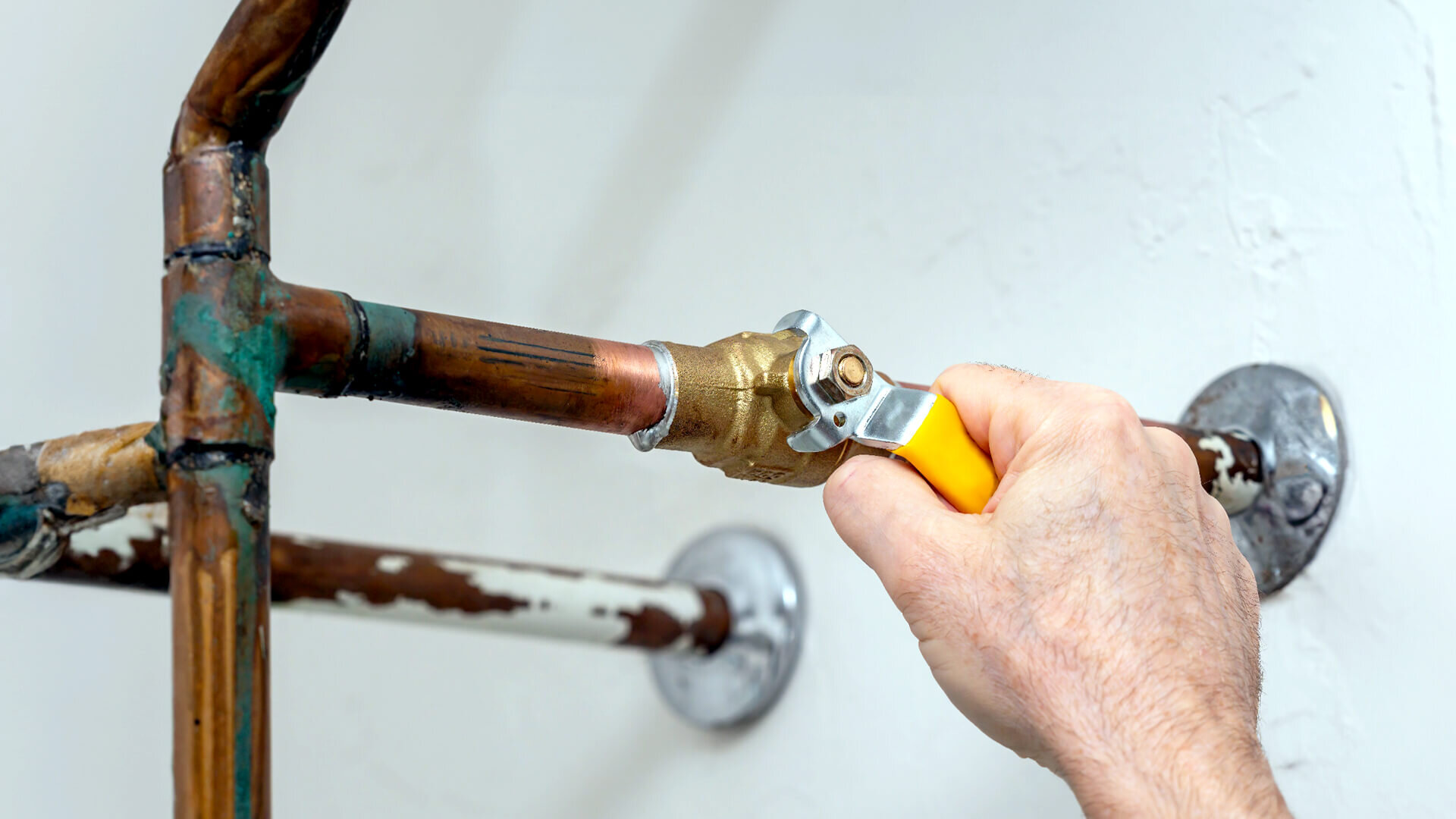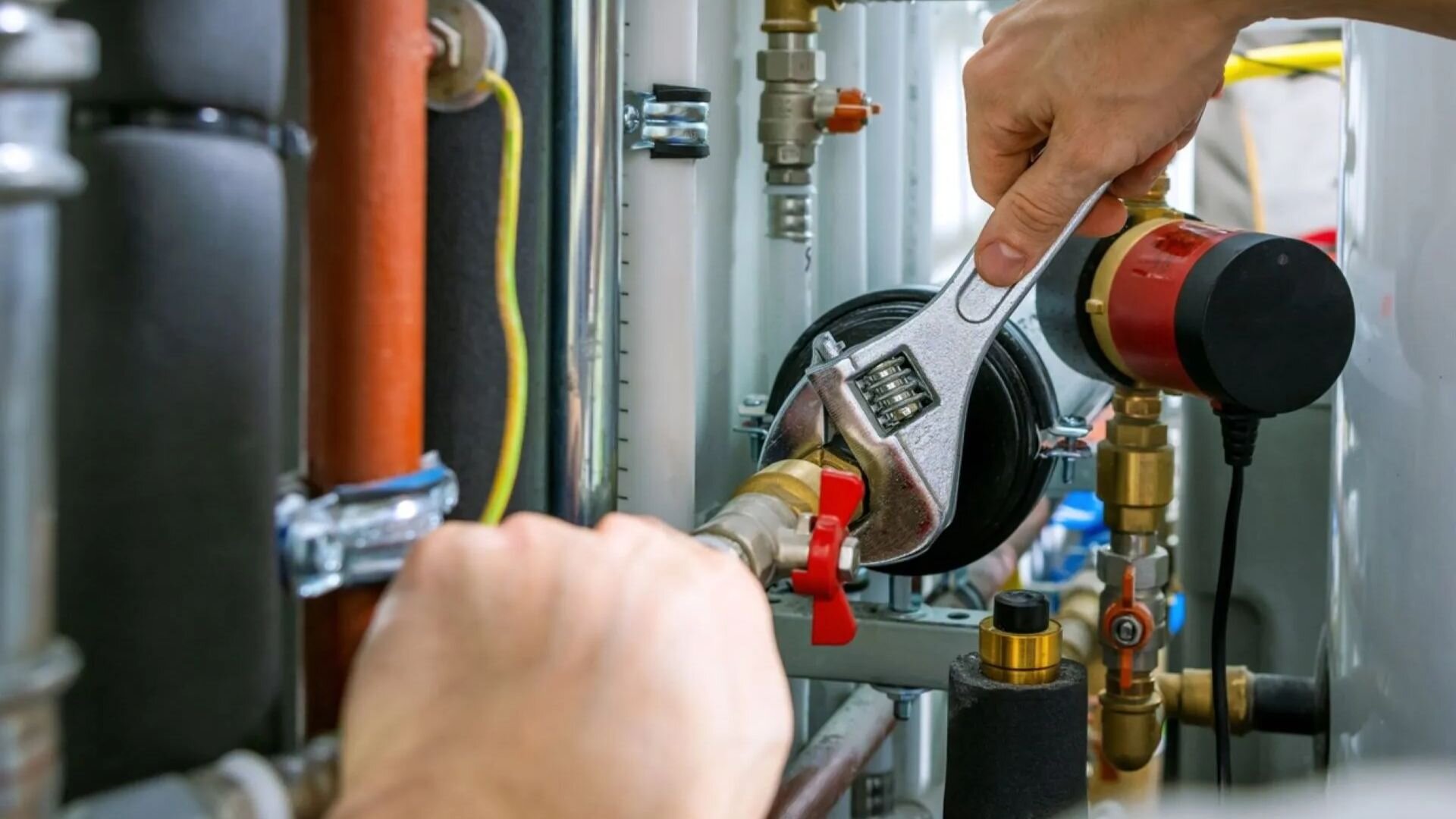The Basics of Bathroom Plumbing: Top Tips for New Homeowners
The Basics of Bathroom Plumbing: Top Tips for New Homeowners
Blog Article
They are making a number of good points on the subject of 11 Must-Read Tips for Plumbing a New House as a whole in this content following next.

For new property owners, understanding and preserving restroom plumbing can conserve both money and time by preventing costly problems down the line. Right here are some necessary washroom pipes tips to assist you maintain every little thing running efficiently.
Acquaint Yourself with the Key Shut-Off Shutoff
Recognizing where the main water shut-off valve lies in your house is crucial. This allows you to quickly turn off the water system in case of major leaks or during plumbing emergency situations, preventing extensive water damage.
Routinely Examine for Leaks
Small leakages can bring about large issues. Consistently examine under sinks, around bathrooms, and near plumbing fixtures for any kind of indicators of leakages. Try to find moisture, little drips, or rust. Capturing and repairing leaks early can prevent much more serious damages and conserve water.
Don't Ignore Slow Drains Pipes
If your sink or tub is draining slowly, it's usually an indicator of a blockage forming. Resolving this very early can avoid a full obstruction. Use a bettor or a plumbing technician's snake to clear out particles. Stay clear of utilizing chemical drainpipe cleansers as they can damage your pipelines in time.
Know What Not to Flush
Toilets are not waste disposal unit. Prevent flushing anything apart from toilet tissue and human waste. Items like wipes, womanly hygiene items, and cotton swabs should be taken care of in the trash to stop blockages and sewage system backups.
Install Strainers in Drains
Area strainers in your sink and bath tub drains to capture hair and other particles before they enter your pipes system. Cleaning the filters routinely will aid prevent build-up and keep water moving easily.
Keep Your Water Heater
Guarantee your water heater is readied to an appropriate temperature level (generally about 120 degrees Fahrenheit) to avoid hot and reduce energy usage. Flush the storage tank annually to eliminate debris buildup, which can minimize the performance and life expectancy of your heating unit.
Upgrade Your Components
If your home has older fixtures, take into consideration updating to extra reliable models. Modern toilets, showerheads, and faucets are created to utilize much less water while offering excellent stress, which can considerably lower your water bill and environmental footprint.
Beware with DIY Pipes Services
While it's alluring to handle all home fixings by yourself, be cautious with pipes. Some problems may call for professional proficiency, particularly if they involve primary water lines or sewer repair services. Employing an expert can occasionally be more affordable than DIY, particularly if it stops more damage.
Get Ready For Cold Weather
Secure your pipelines from freezing throughout cold weather by insulating pipelines in unheated areas like basements, attics, and garages. Throughout severe chilly, let cold water drip from taps served by subjected pipelines to help avoid cold.
Set Up Regular Upkeep
Consider scheduling yearly examinations with a qualified plumber. They can spot concerns that you could miss out on, such as hidden leakages or damage on pipelines and fixtures. Regular upkeep aids prolong the life of your pipes system and can stop emergency situations.
Final thought
Comprehending and preserving your home's restroom plumbing can avoid numerous common concerns. By complying with these necessary ideas, you can ensure your restroom continues to be functional and efficient, saving you money and time in the future.
Essential Plumbing Tips For Every Homeowner
As a homeowner, taking care of your plumbing system is crucial to maintaining the functionality and value of your home. While plumbing issues can be daunting, there are some essential tips that every homeowner should know to prevent major problems and save money in the long run. Here are some key plumbing tips that every homeowner should be aware of.
Regular Maintenance
One of the most important plumbing tips for homeowners is to schedule regular maintenance checks with a professional plumber. By having your pipes, fixtures, and appliances inspected regularly, you can catch any potential issues before they turn into costly repairs. A plumber can also provide valuable advice on how to properly maintain your plumbing system to prevent clogs, leaks, and other common problems.
Know Your Shut-Off Valves
It's essential for homeowners to know where the main shut-off valve is located in case of a plumbing emergency. This valve controls the flow of water into your home and can help prevent flooding in the event of a burst pipe or other serious issues. Additionally, it's important to know where the shut-off valves are for individual fixtures such as sinks, toilets, and washing machines so you can quickly stop the water supply if needed.
Watch What You Flush
Another important plumbing tip for homeowners is to be mindful of what gets flushed down the drains and toilets in your home. Avoid flushing items like paper towels, feminine hygiene products, grease, or hair as these can cause clogs and damage to your pipes. Installing drain filters or screens can help catch debris before it causes a blockage.
Insulate Pipes in Cold Weather
During winter months, it's crucial to insulate any exposed pipes in unheated areas of your home to prevent them from freezing and bursting. Frozen pipes can lead to extensive water damage and costly repairs. By adding insulation or heat tape to vulnerable pipes, you can protect them from extreme temperatures and avoid potential disasters.
Address Leaks Promptly
If you notice any signs of leaks such as damp spots on walls or ceilings, musty odors, or dripping faucets, it's important to address them promptly before they worsen. Even small leaks can lead to mold growth, water damage, and increased water bills over time. Ignoring leaks can result in more extensive repairs down the line.
Taking care of your home's plumbing system is an essential part of being a responsible homeowner. By following these key plumbing tips and staying proactive about maintenance and repairs, you can keep your plumbing system running smoothly and avoid costly issues in the future. Remember that prevention is key when it comes to plumbing problems – investing time and effort now can save you money and headaches later on. Stay informed about your home's plumbing system and don't hesitate to consult with a professional plumber if you have any concerns or questions.

Schedule Here Report this page